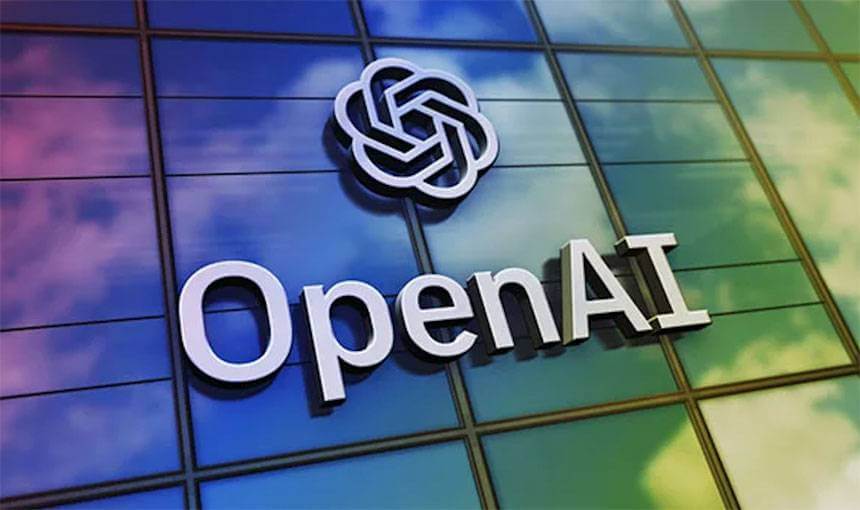OpenAI's recent advancements in AI image generation, particularly with the release of ChatGPT-4o, have sparked a surge of images created in the distinctive style of Studio Ghibli. This trend has ignited a debate about potential copyright infringement, raising complex questions about the intersection of AI, artistic style, and intellectual property law.
At the heart of the issue is whether an AI can violate copyright by generating images that mimic a specific artistic style. Copyright law protects the expression of an idea in a tangible form, such as a particular film, illustration, or character design. However, it does not generally extend to the underlying artistic techniques or aesthetics that define a studio's unique style. In the case of Studio Ghibli, its signature hand-drawn animation, soft watercolor-like backgrounds, and whimsical fantasy elements contribute to its artistic identity, but these elements, in isolation, are not typically subject to copyright protection.
Several legal experts agree that a specific style is not explicitly eligible for copyright protection. Therefore, using AI to generate images "in the style of Studio Ghibli" may not constitute direct copyright infringement. An intellectual property lawyer, Evan Brown, noted that the core question revolves around the copyright implications of "crawling the web and copying into these databases" to train AI models.
However, the situation is not clear-cut. There are concerns that AI models, to produce images in a particular style, are trained on millions of frames taken from copyrighted works. This raises the question of whether using copyrighted source material as training data constitutes infringement, even if the AI doesn't directly copy protected images. AI systems analyze visual patterns and styles to generate new images, a transformative process that may qualify as fair use, offering a legal defense against infringement claims.
The US Copyright Office (USCO) states that AI systems are not eligible for copyright protection. However, works created with the assistance of AI may be eligible if they reflect creative expression from a human author. The USCO released a report concluding that artistic style is not protectable under copyright, but "there may be situations where the use of an artist's own works to train AI systems to produce material imitating their style can support an infringement claim."
Another legal angle involves trademark law. Studio Ghibli's distinct visual style may be protectable as 'trade dress' if it has acquired secondary meaning, signifying to consumers that it originates from the studio. If OpenAI's use of Ghibli-style elements misleads consumers into associating its AI-generated images with Studio Ghibli, it could potentially lead to a trade dress infringement claim.
OpenAI may also face liability under trademark law for leveraging Studio Ghibli's reputation and goodwill to promote its own product. If OpenAI markets its AI-generated images as "in the style of Studio Ghibli" and associates them with the studio's name, there could be grounds for trademark infringement, false endorsement, or dilution.
Several lawsuits have been filed against AI companies, alleging that they used copyrighted works to illegally train AI models or generate AI content. These cases often revolve around the application of the 'fair use' doctrine, which permits the use of copyrighted material for specific purposes, such as academic research, or when the material is transformed into something new.
The rise of AI image generators has sparked debate within the artistic community. Some artists view AI-generated art as a threat to their livelihoods and creative integrity. Karla Ortiz, an artist suing other AI image generators for copyright infringement, called the trend "another clear example of how companies like OpenAI just do not care about the work of artists and the livelihoods of artists."
Hayao Miyazaki, the co-founder of Studio Ghibli, has expressed strong disdain for AI-generated art, calling it "an insult to life itself." This sentiment highlights the ethical and philosophical concerns surrounding AI's role in creative endeavors.
Ultimately, whether OpenAI's AI image generator violates copyright for Studio Ghibli-style art remains an open question. Current copyright law does not explicitly protect artistic styles, but there are concerns about the use of copyrighted material for training AI models and the potential for trademark infringement. As AI technology continues to evolve, the legal and ethical frameworks surrounding AI-generated art will need to be further clarified to balance the interests of artists, AI developers, and the public.

















